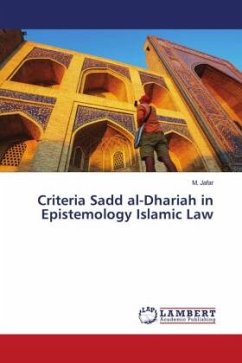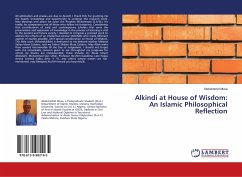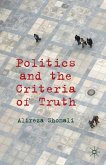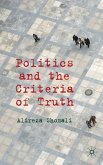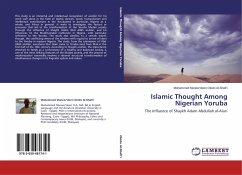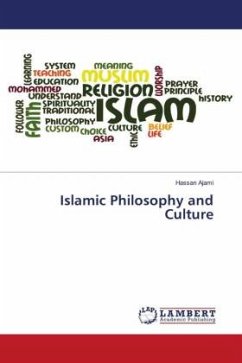The establishment of law with the sadd al-dhari'ah-style caused controversy because it was considered subjective, even accused of stepping over the shari'a. However, the existence of sadd al-dhari'ah can't be denied so that clear criteria are needed to avoid subjectivity. But the criteria can't be formulated if the ontologically is unclear. The classical controversy about sadd al-dhari'ah as a source or method continues until this century. Therefore, this study is focused on answering three important issues; 1) What is the essence (mahiyyah) sadd al-dhari'ah?; 2) What is the criteria of sadd al-dhari'ah in the epistemology of Islamic law?; and 3) How is the application of sadd al-dhari'ah criteria in solving legal problems? This study is a literature research, in the form of qualitative research that is normative-descriptive. However, to answer these three issues, this study is conducted by system theory approach, where sadd al-dhari'ah is seen as a method of conscious value determination to be part of legal system entity. The usuliyyin opinions about sadd al-dhari'ah are circulated to complementary. The theory used to highlight is the theory of maqasid wasa'il from Ibn 'Asyur.
Bitte wählen Sie Ihr Anliegen aus.
Rechnungen
Retourenschein anfordern
Bestellstatus
Storno

